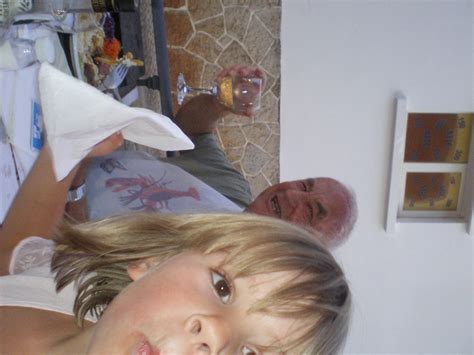A Quote by Hilary Mantel
People who wrote literary novels about the past probably didn't want them pegged as historical fiction. Certainly that was true in England.
Related Quotes
In Pakistan, many of the young people read novels because in the novels, not just my novels but the novels of many other Pakistani writers, they encounter ideas, notions, ways of thinking about the world, thinking about their society that are different. And fiction functions in a countercultural way as it does in America and certainly as it did in the, you know, '60s.
But I'm not a small-literary-novel kind of guy, and once I'd developed the world in the first couple of hundred pages, I felt that there was potential here to go on and write an engaging story set in that world. So that's what I did. This probably ruins things both for the people who want small literary novels and for those who want action-packed epics, but anyway, it's what I wrote.
That the question of likability even exists in literary conversations is odd. It implies that we are engaging in a courtship. When characters are unlikable, they don’t meet our mutable, varying standards. Certainly we can find kinship in fiction, but literary merit shouldn’t be dictated by whether we want to be friends or lovers with those about whom we read.
As a journalist, I would talk to writers, directors, creative people, and discover that for an awful lot of them, the moment they became successful, that was all they were allowed to do. So you end up talking to the bestselling science-fiction author who wrote a historical-fiction novel that everybody loved, but no one would publish.
The ratio of authentic literature to trash in pornography may be somewhat lower than the ratio of novels of genuine literary meritto the entire volume of sub-literary fiction produced for mass taste. But it is probably not lower than, for instance, that of another somewhat shady sub-genre with a few first-rate books to its credit, science fiction.






































